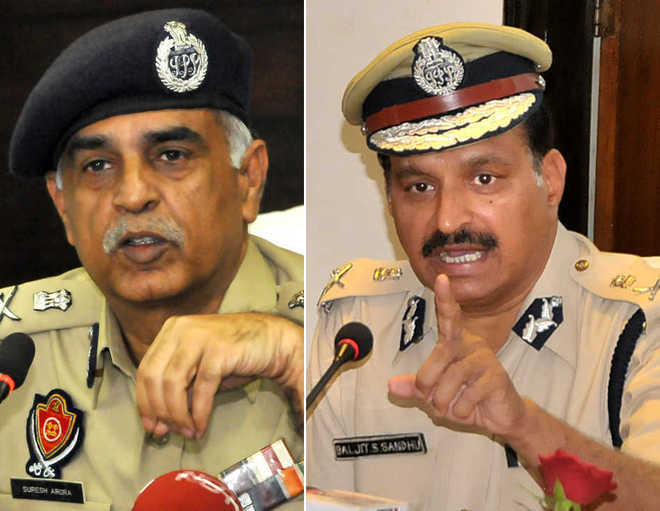
Any structural change produces resistance and so it was with the Supreme Court’s directives for appointing the top-most police officer in the states. Punjab CM Capt Amarinder Singh has called the apex court’s orders as ‘infringement’ upon the power of the states while the five states in the dock on Wednesday pleaded to be allowed to implement their local laws for the selection and appointment of Directors-General of Police (DGPs). Being custodians of law and order, states seek a free hand in assessing whether a person is suited to handle the special demands of the job. But that is not how the Supreme Court has framed the issue. Its July 3, 2018, order, which the states on Wednesday unsuccessfully sought to modify, is in the spirit of larger public interest and to protect police officials from political interference.
The case virtually folded up when the UPSC Secretary said Supreme Court-mandated panels of three eligible officers each were in the pipeline for 14 states. Of the two newly-minted Congress governments of Rajasthan and Chhattisgarh, the latter has promised to quickly fall in line. Unless the abrasive attitude to the court’s insistence is a self-defensive reaction, states do have latitude in selection: its representative sits on the panel. The requirement of sending names of three officers to UPSC three months before the incumbent DGP retires is also fair. The states are themselves to blame for inviting the apex court’s intervention: in one case, a DGP was appointed an hour before he was to retire.
Changes begin from the top and once regularity sets in the appointment of DGPs, state security commissions need to be formed as per judicial directions. The widespread political indifference to systemic improvements in police forces is reflected in the Modi government’s lack of initiative. The Centre’s promise of ‘SMART police’in 2014 remained a nonstarter while states made little progress in filling vacancies or upgrading the infrastructure. Even after 22 years, there is no movement on separating investigation from law and order, pushing back the goal of a service-oriented police force to a distant future.
